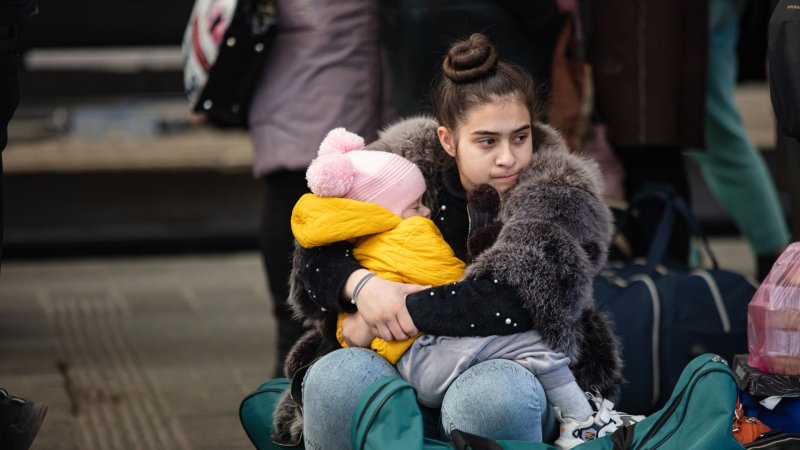
International protection is a safeguard provided under international law and national legislation to individuals who fear persecution or are at risk of serious harm in their country of origin or habitual residence. Turkey, due to its geographical location, has been a significant country of asylum and has comprehensively regulated its international protection system with Law No. 6458 on Foreigners and International Protection (LFIP). In line with the 1951 Geneva Convention ("Convention Relating to the Status of Refugees"), but maintaining the "geographical limitation" principle, the LFIP defines three main international protection statuses: Refugee, Conditional Refugee, and Subsidiary Protection. This article will examine in detail what these three protection statuses mean, to whom they are granted, and the main differences between them, within the framework of Articles 61, 62, and 63 of the LFIP.
According to Article 61 of the LFIP, refugee status is granted to foreigners who meet the following conditions:
Important Note: As Turkey is a party to the 1951 Geneva Convention with a "geographical limitation," refugee status is only granted to persons originating from European countries.
According to Article 62 of the LFIP, conditional refugee status is granted to foreigners who meet the following conditions:
According to Article 63 of the LFIP, subsidiary protection status is granted to a foreigner or a stateless person кто (who) does not qualify as a refugee or a conditional refugee but would face one of the following serious harm risks if returned to their country of origin or habitual residence:
If such a person is unable to or, owing to such threat, is unwilling to avail himself of the protection of their country of origin or habitual residence, subsidiary protection status is granted following status determination procedures.
In some cases, even individuals кто (who) fall within the definition of international protection may be excluded from protection coverage for reasons stated in Article 64 of the LFIP. These include:
Holders of all three statuses are subject to the rights and obligations (access to education, health, work permit, etc.) specified in the LFIP. However, there may be differences in the scope and application of these rights.
International protection statuses are a vital safeguard for individuals fleeing persecution or at risk of serious harm. Determining which status you are eligible for, the application process, and the rights provided by these statuses require complex legal assessments. It is extremely important to seek professional legal assistance to ensure your application is correctly filed, you can effectively express yourself in interviews, and you can pursue your rights against possible adverse decisions.
As SKF VISION LAW, our team of expert lawyers provides comprehensive legal consultancy and representation services for international protection applications (refugee, conditional refugee, subsidiary protection), status determination processes, preparation for interviews, appeals against exclusion decisions, and the rights of international protection beneficiaries. If you are in need of protection, contact us to learn about your rights and take the correct steps.
DISCLAIMER: This article has been prepared for general informational purposes based on the legal provisions in effect at the time of its writing. Foreigners law (or: Immigration Law) is a frequently updated and complex field. Due to potential changes in legislation, it is possible that the information in this article may become outdated. Therefore, before taking any legal action or making any decision, it is of vital importance that you obtain current and personalized consultation from a lawyer specializing in foreigners law (or: immigration law). This article does not constitute legal advice.